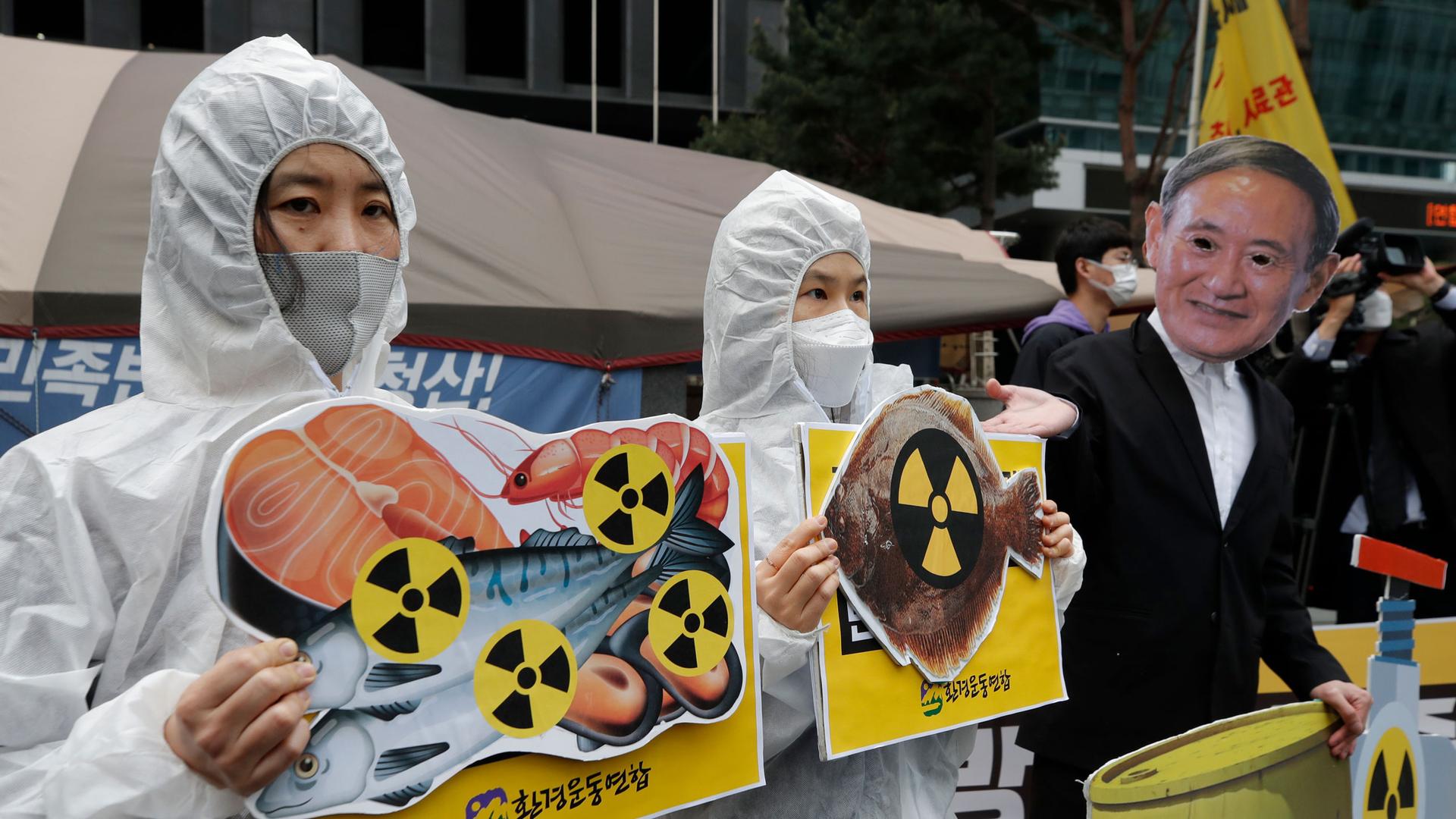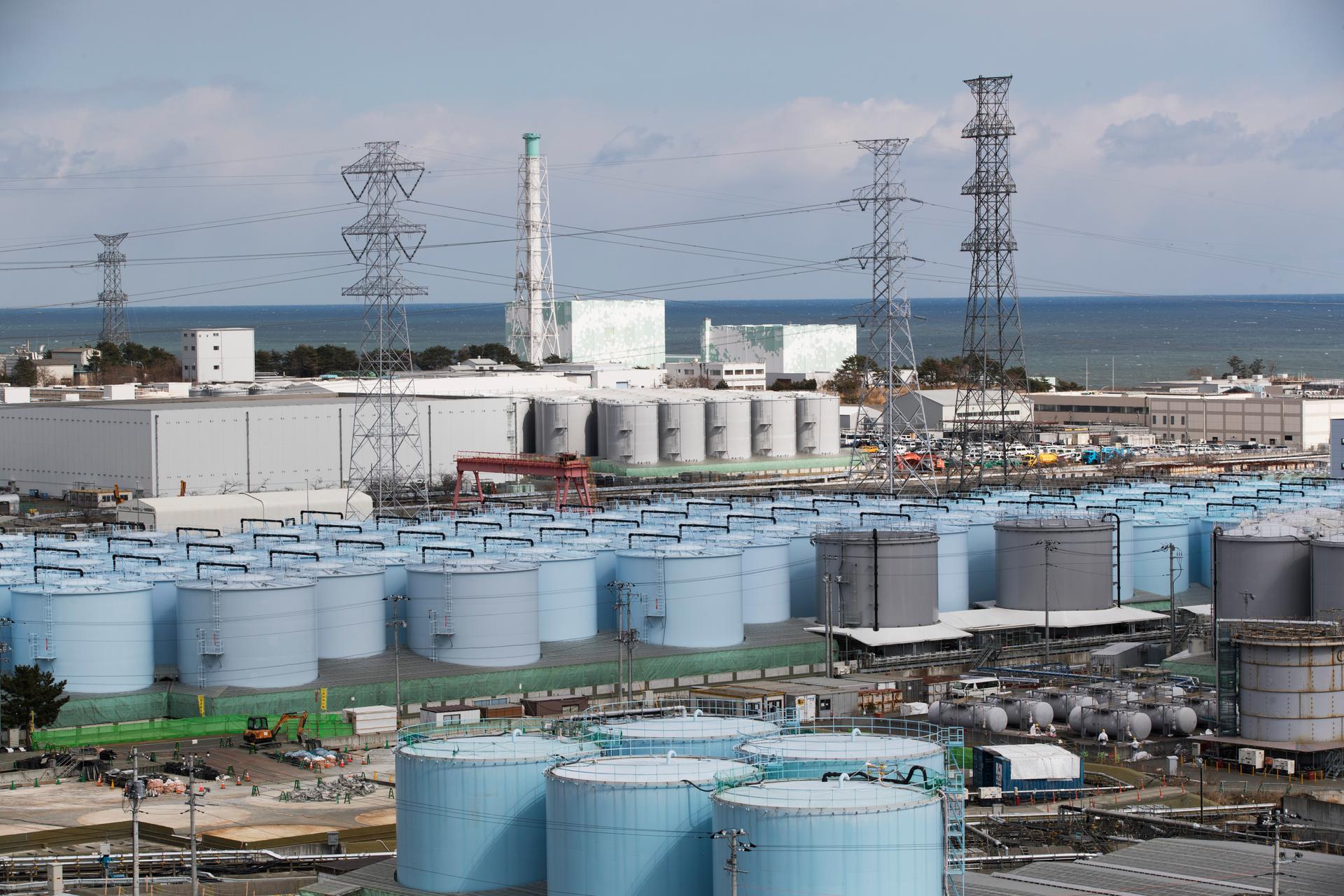Tokyo Electric Power Company
Explosion outside of the Kabul airport
Top of The World: The Pentagon has confirmed an explosion outside of Kabul airport, with an unclear number of casualties. And, operators of the Fukushima Daiichi Nuclear Power Plant are planning to build an undersea tunnel to release treated radioactive water into the ocean. Also, a new study suggests that the threat of death and illness from malaria in children could be reduced by 70%.
New clashes in Kiev, reviewing the guest list for Syria’s peace talks, and Russian fears of ‘black widows’
The situation in Kiev remains volatile, with protesters in favor of closer ties with the European Union burning buses and hurling projectiles at police. And planned Syria peace talks in Geneva this week were nearly derailed by a UN invitation to include Iran. And Russia is looking for four women it is worried may be planning suicide attacks at the Sochi Olympics. That and more, in today’s Global Scan.
As Japan struggles to contain Fukushima, U.S. facilities face tighter restrictions
The Japanese government is freezing the ground around the Fukushima nuclear plant, hoping to staunch the flow of radioactive ground water. Meanwhile, in the United States, regulators are tightening up restrictions on U.S. plants, especially those built like Fukushima.
Fukushima Nuclear Plant Crisis Worsens
Japan’s Nuclear Regulation Authority (NRA) has once declared a radiological event at the Fukushima Daiichi Nuclear Power Plant. This is the first time that the nation has declared an event of this scale since the 2011 earthquake and tsunami ravaged Japan and brought destruction to the plant. On Wednesday, the United Nation’s International Atomic Energy […]
Radioactive Water from Fukushima in the Pacific
It’s been more than two years since the Fukushima power plants in Japan had a meltdown following flooding from a tsunami. Officials still don’t know how to contain the site fully, and recently reported that radioactive water is likely seeping into the Pacific Ocean.


